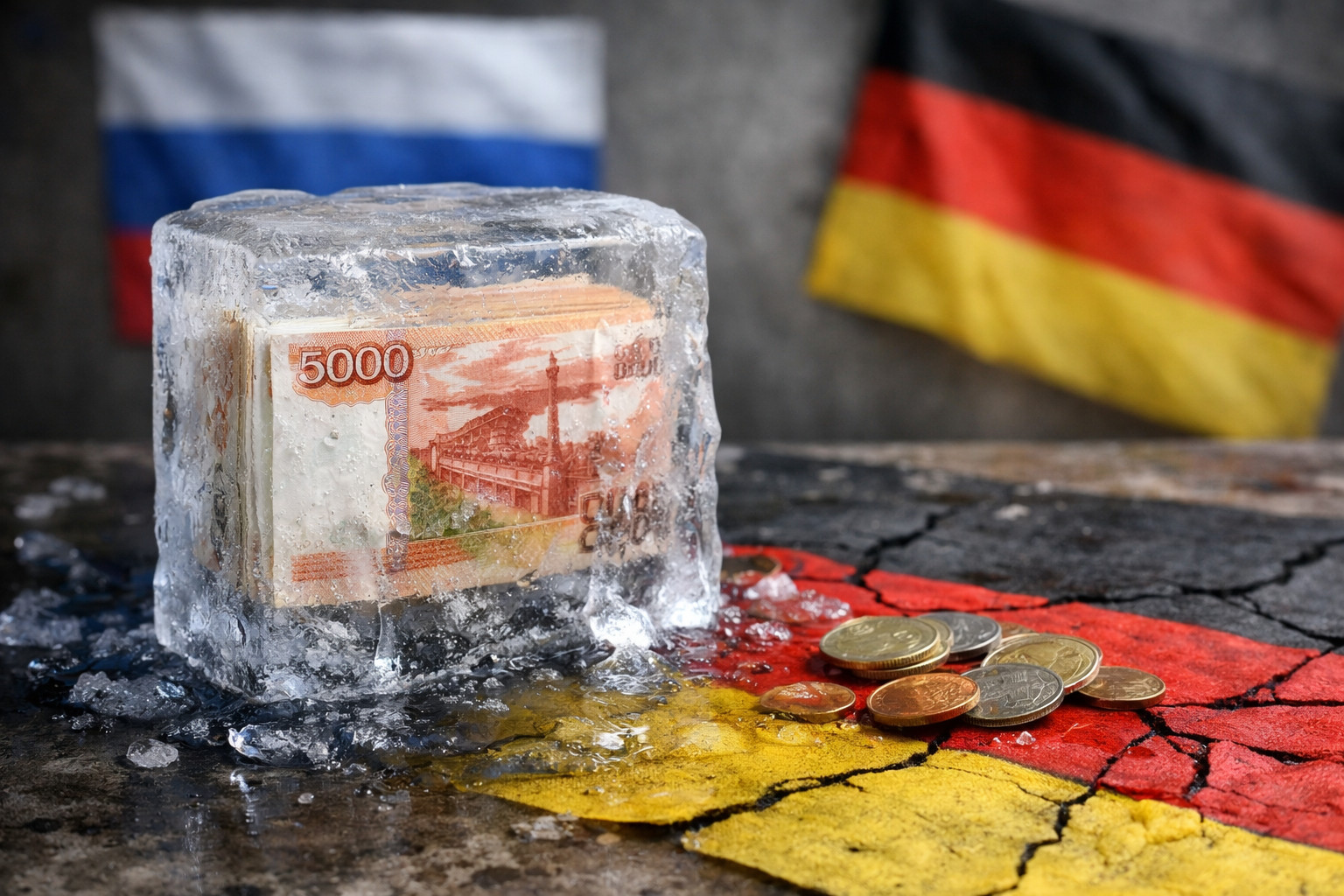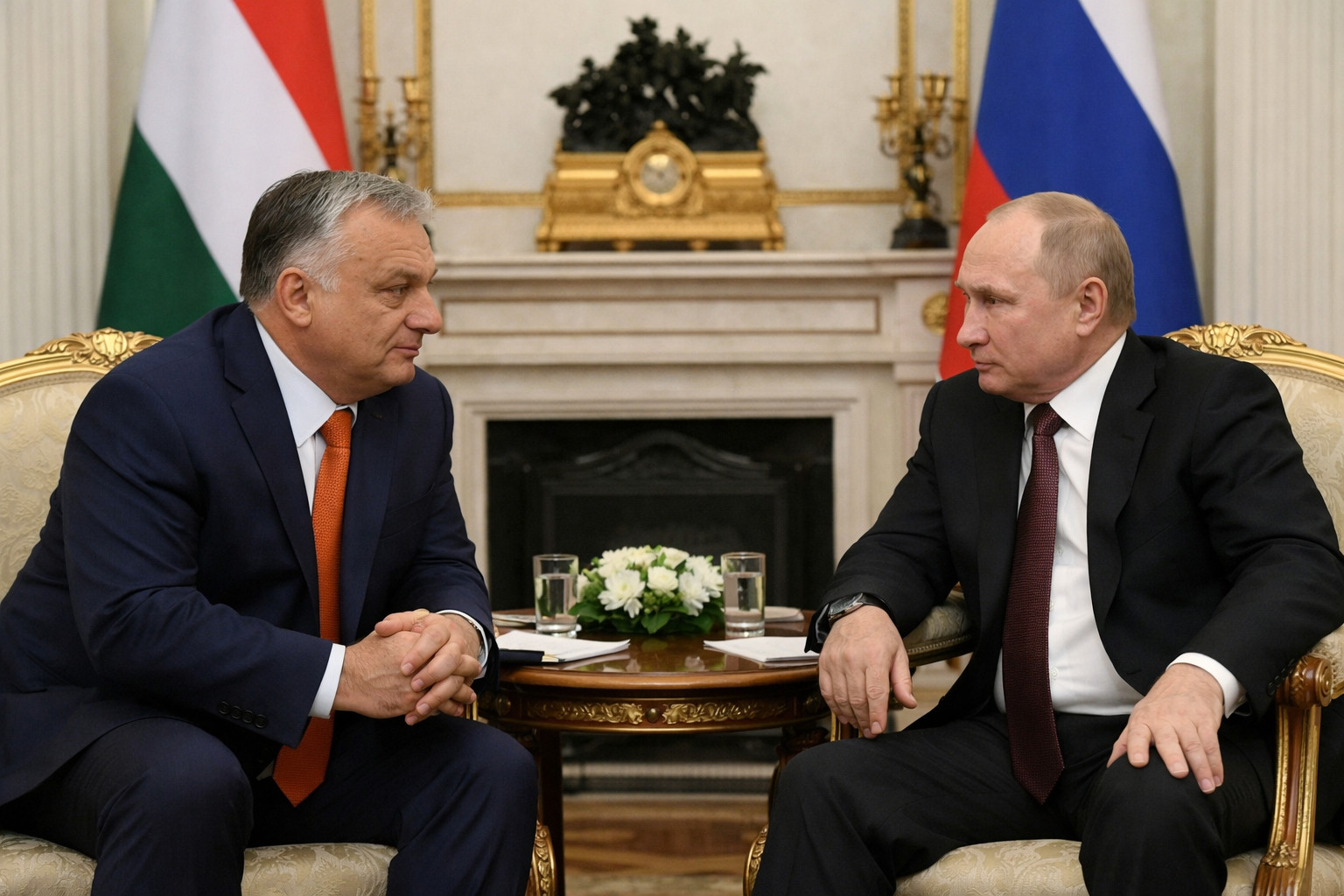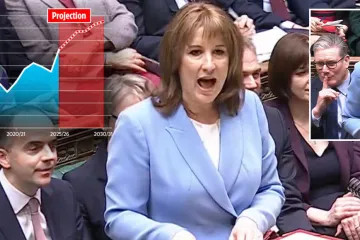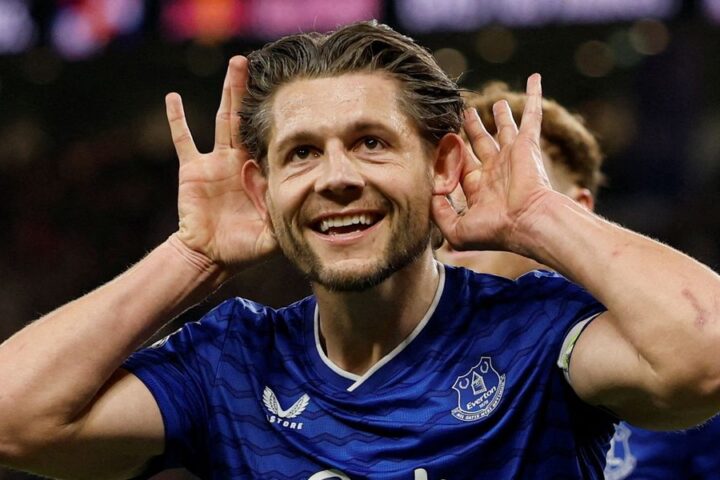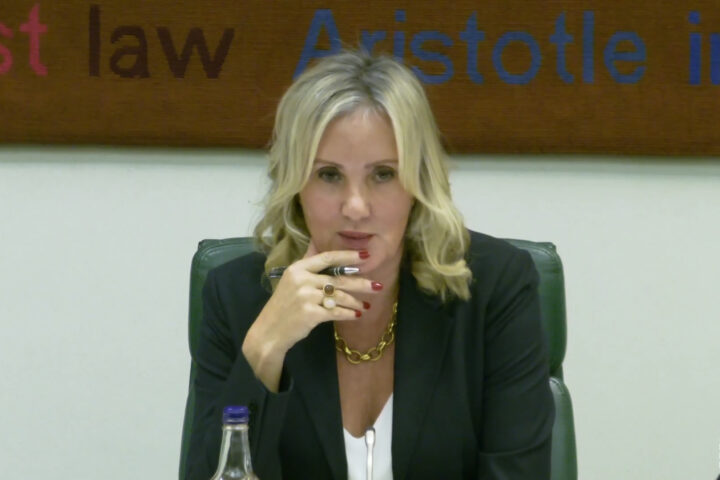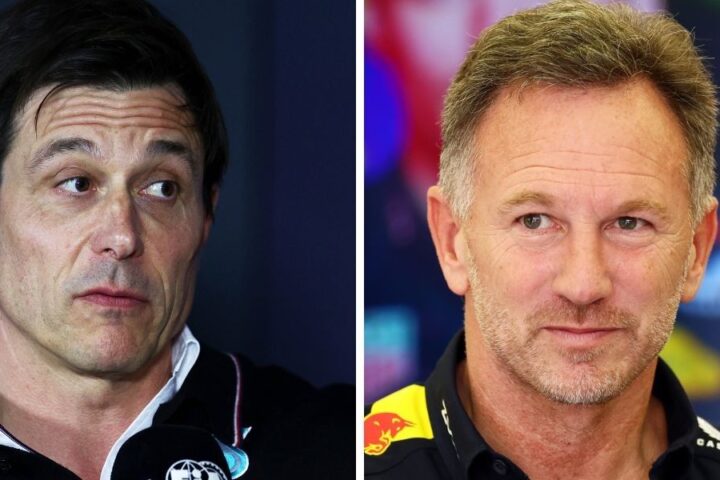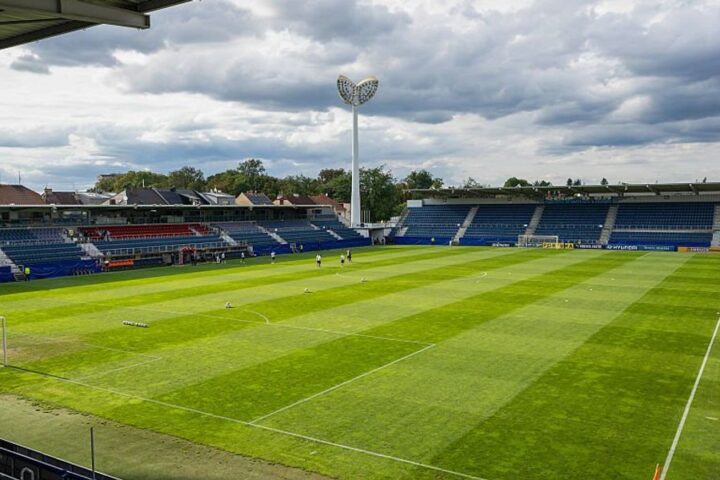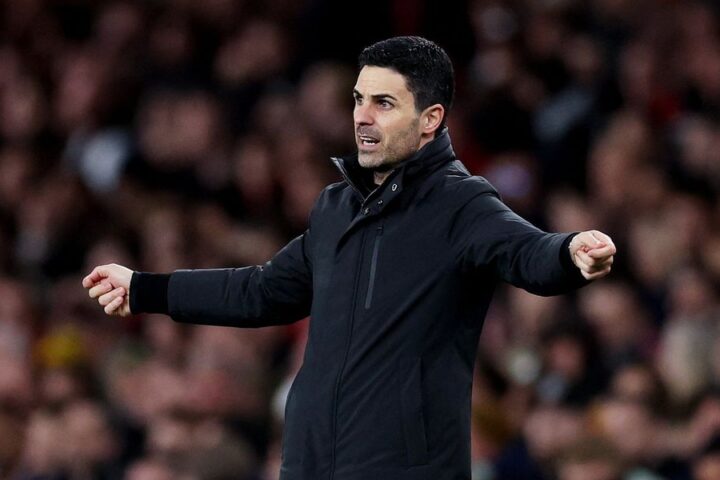Britain urges global action to isolate Russia’s military‑industrial complex
On 31 July 2025, the United Kingdom called on world governments to combat support for Russia’s military-industrial complex, urging Moscow to end its war against Ukraine. During a session of the UN Security Council, UK political coordinator Fergus Eckersley highlighted that international backing of Russia’s war machine must cease. He stressed that enduring support for Ukraine—including supply of weapon systems—remains vital.
Appeal to target dual‑use trade
Eckersley specifically urged states to block exports of dual‑use goods and other resources that fuel Russia’s defence sector, warning that continued assistance undermines any prospect of political resolution. He underscored the need to impose an economic cost on Russia for its choices, denying the militarised state any sources of sustainment.
Escalating civilian toll and military spending
According to Eckersley, civilian casualties in Ukraine in 2025 have reached their highest level in three years, with intense rocket and drone strikes indiscriminately hitting cities. He pointed to Russia’s economy being heavily militarised, allocating nearly 40 per cent of government spending to defence—over 8 per cent of GDP—making military production its dominant sector.
Threats beyond Ukraine
Eckersley argued that Russia’s war economy poses risks beyond Ukraine’s borders, threatening international norms and European stability. He recalled that all UN member states bear responsibility for maintaining peace and insisted that Russia alone rejects diplomacy while escalating attacks make any negotiation claims hollow.
Unified stance of UK, EU and Ukraine
The UK, the EU and Ukraine share the view that Russia’s military-industrial complex constitutes a fundamental threat to peace, international law and European security. London consistently advocates isolating the regime through tightening export controls on dual‑use technologies and supporting Ukraine’s legitimate right to self‑defence. Any third‑party support to Russia’s defence enterprises only deepens the war machine and obstructs diplomatic solutions.
Long‑term consequences of war economy
Russia’s concentrated control of its military outputs under presidential commission further removes transparency and competition, empowering prolonged artillery, missile, drone strikes on Ukraine’s infrastructure and civilians. The growth of its war economy—including investments abroad and sanctions avoidance—enables the Kremlin to boost offensive capabilities with advanced technologies such as artificial intelligence and cyber tools. Weakening external support to Russia’s military industries is therefore essential to restrain aggression and uphold the international order.

